With time flying by we’ve already completed half of the Frankfurt Spring School 2018 programme. Lets take a look back on what we’ve been up to in week 2.
We began the week with a conclusion to our planning programme. Katjuscha Dörfel and Katharina Schmidt, professionals from WWF Germany, gave us a crash course on the “Open Conservation Standards”, a planning framework designed specifically for usage in conservation. The emphasis was that the ability to learn, share and adapt is essential for successful conservation.
We also took in presentations from our six ambitious KfW Foundation Scholars. If you missed that, you can check it out by clicking here!
Tuesday and Wednesday zoned in on the world of human resources, an often overlooked but critical component of conservation project management. We journeyed to KfW Bank where Uwe Klug and Claudia Volk shared with us their years of experience. Then, with Alina Vennekötter and Lisa Dapprich of KPMG, we studied the importance of “social styles”, how certain types of people are likely to react in a work environment. A continuous theme throughout these sessions was flexibility, be it in how you lead a team, approach a member of a funding organisation or act amongst teams of colleagues. To round Wednesday off, Michael Brombacher of Frankfurt Zoological Society taught our students how to recruit a team, and even provided some cheeky tips on how to navigate the application process for a job in conservation.
Next up was our lecture series on Thursday. A chance to take in the research from Goethe University’s most prestigious academics, and an important time to reflect on how science and conservation can colloborate in achieving their goals.
Friday took an interesting detour from our schedule. Originally it was planned that Rob Thompson would share his knowledge of time and conflict management, but caught off-guard by illness and with the United Kingdom ground to a halt by a few inches of snow, he was regrettably unable to join us this time. We hope you get well soon Rob!
Instead, we adventured over to the city of Wiesbaden, to explore the State Museum for Art and Nature. In particular, a special exhibition on the world of Fungi, guided by world-renowned mycologist and exhibition co-curator, Professor Meike Piepenbring.
You’ve heard it from us, but what did our students think? We asked Zsófia Puskás for her opinions on the week.
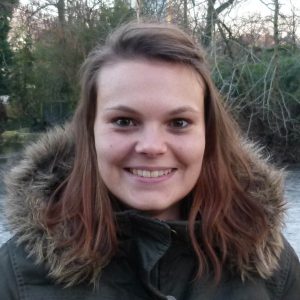 “Well, we came to the end of the second week and the first half of the Spring School has already passed. This week had great diversity of topics compared to the first week. Therefore, it is hard to define one as my favourite as I liked all of them. It was great to learn about a different approach to planning (Open Standard) and to get to know many institutions working in nature conservation like WWF, KfW and Goethe University. I much enjoyed our Wednesday program. I learned more about myself, how I (unconsciously) react and how I should act to people of other personality types. I really appreciate that we have gotten an insight into human resources in a practical way and from both sides: the employer, which is important for the future as a project manager and as an employee, the situation which some of us are facing recently. I was disappointed when I learnt that we could not continue with the topic of soft skills due to Rob Thompson’s unfortunate absence, though the visit of the fungi exhibition in Wiesbaden was a great compensation. I´m looking forward to the next week, especially the excursion to Kellerwald- Edersee National Park, I hope that better weather conditions will finally make it “Spring” School ?”
“Well, we came to the end of the second week and the first half of the Spring School has already passed. This week had great diversity of topics compared to the first week. Therefore, it is hard to define one as my favourite as I liked all of them. It was great to learn about a different approach to planning (Open Standard) and to get to know many institutions working in nature conservation like WWF, KfW and Goethe University. I much enjoyed our Wednesday program. I learned more about myself, how I (unconsciously) react and how I should act to people of other personality types. I really appreciate that we have gotten an insight into human resources in a practical way and from both sides: the employer, which is important for the future as a project manager and as an employee, the situation which some of us are facing recently. I was disappointed when I learnt that we could not continue with the topic of soft skills due to Rob Thompson’s unfortunate absence, though the visit of the fungi exhibition in Wiesbaden was a great compensation. I´m looking forward to the next week, especially the excursion to Kellerwald- Edersee National Park, I hope that better weather conditions will finally make it “Spring” School ?”
Indeed, with an exciting excursion coming up this week, and an in-depth look into finances, intercultural competence and workshops, Frankfurt Spring School 2018 shows no sign of winding down!
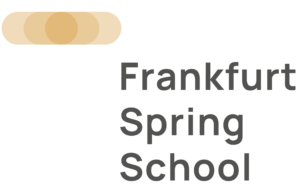
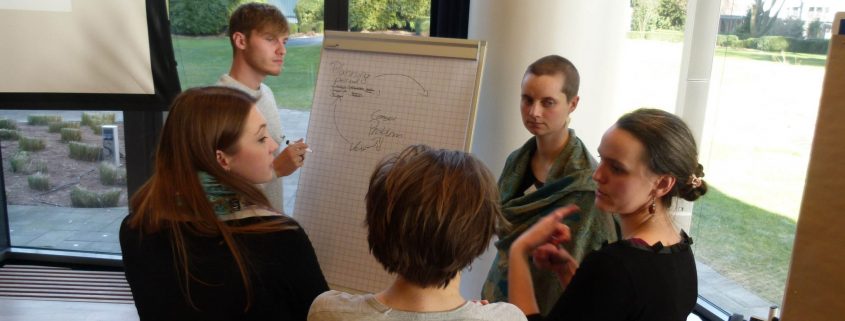 - Ben Evans
- Ben Evans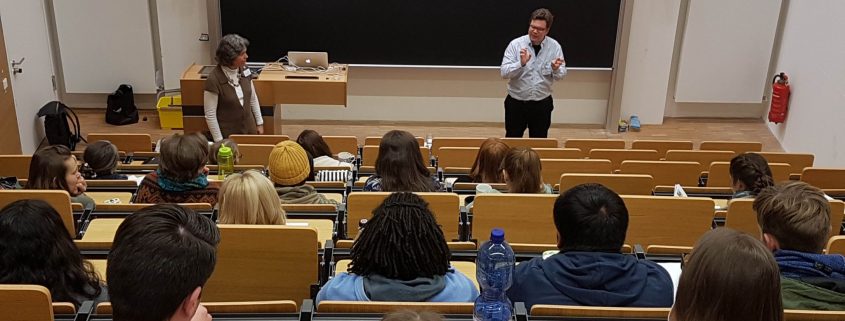 Ben Evans
Ben Evans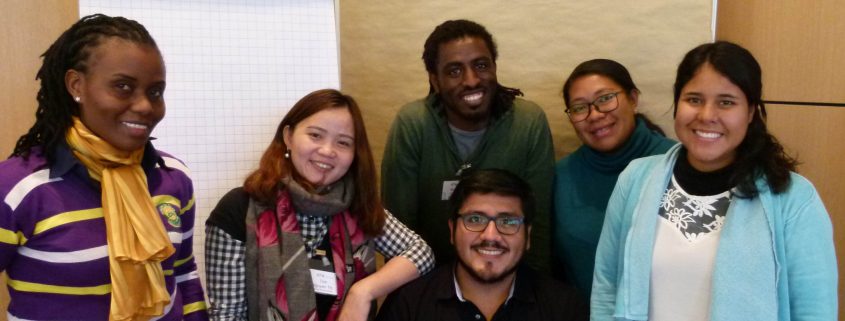 Ben Evans
Ben Evans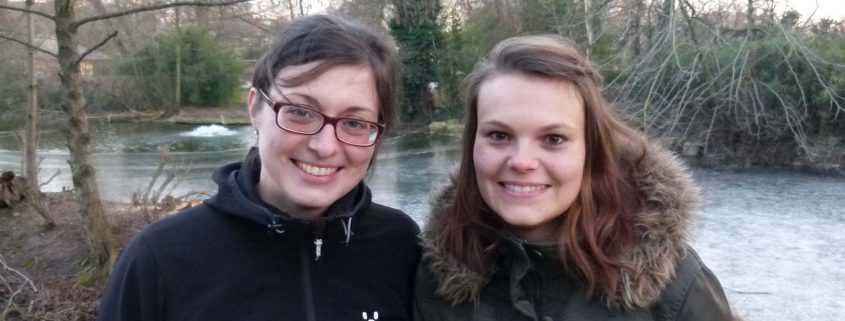 - Ben Evans
- Ben Evans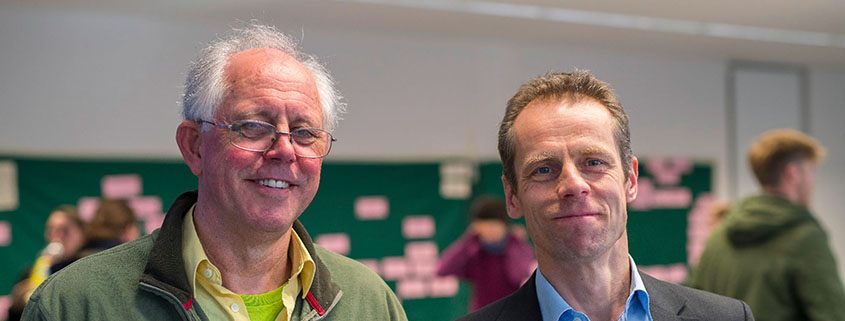 -Daniel Rosengren
-Daniel Rosengren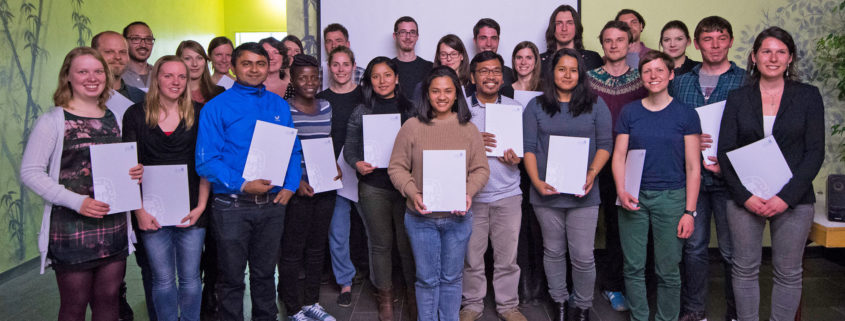 Daniel Rosengren
Daniel Rosengren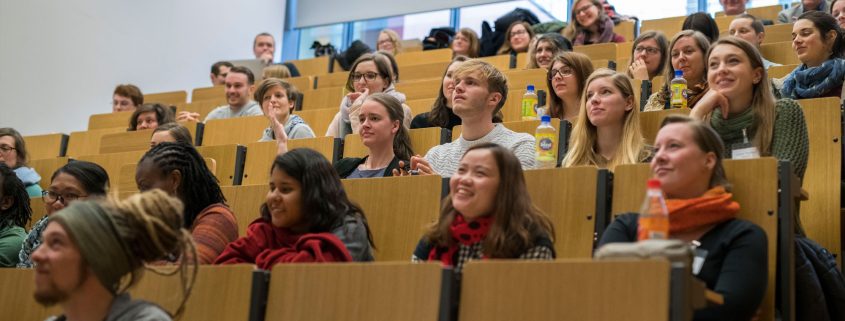 Daniel Rosengren
Daniel Rosengren